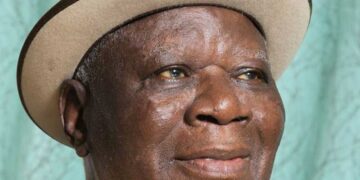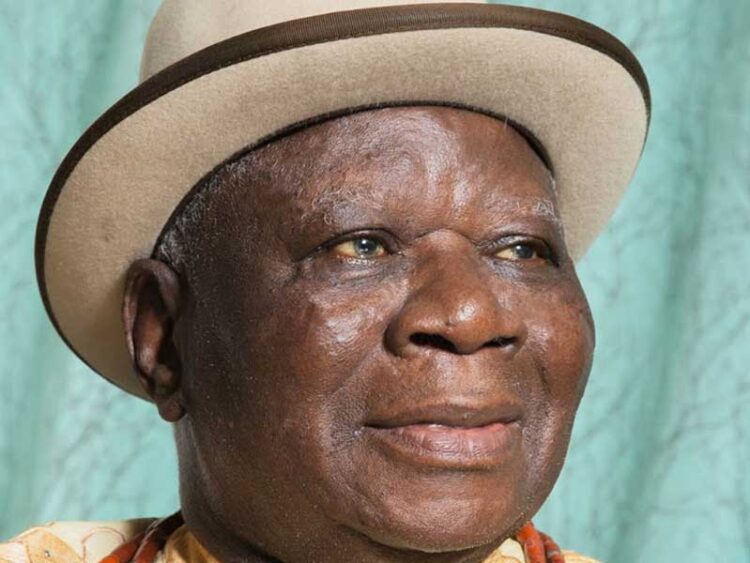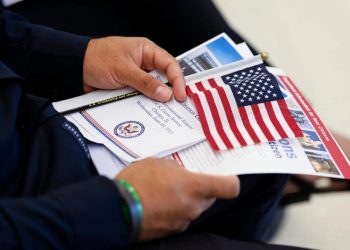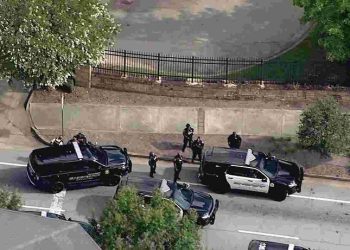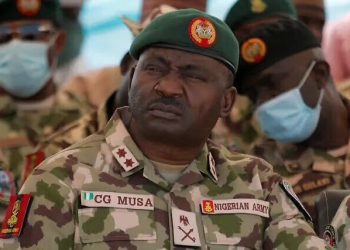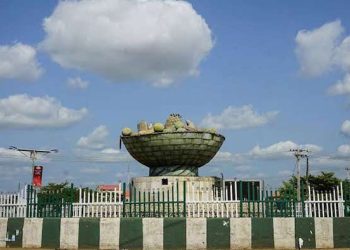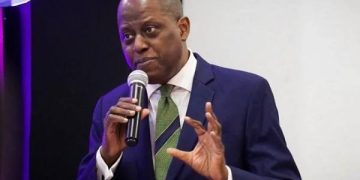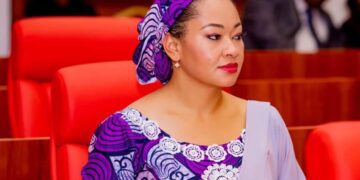Chief Edwin Clark was a prominent Nigerian statesman, lawyer, politician, and advocate for the rights of the Niger Delta region. Born on May 25, 1927, in Kiagbodo, an Ijaw community in what is now Delta State, Nigeria, Clark’s life was marked by dedication to public service, advocacy for regional equity, and a commitment to national unity.
Early Life and Education:
Clark was schooled in the Ijaw areas, attending primary and secondary schools at Effurun, Okrika, and Afugbene.
He furthered his education at the Government Teacher Training College, which later became Delta State University, Abraka.
After briefly teaching, he pursued legal studies abroad, earning a law degree.
His younger brother was the well-known Nigerian poet, J. P. Clark, adding a cultural dimension to his family’s influence.
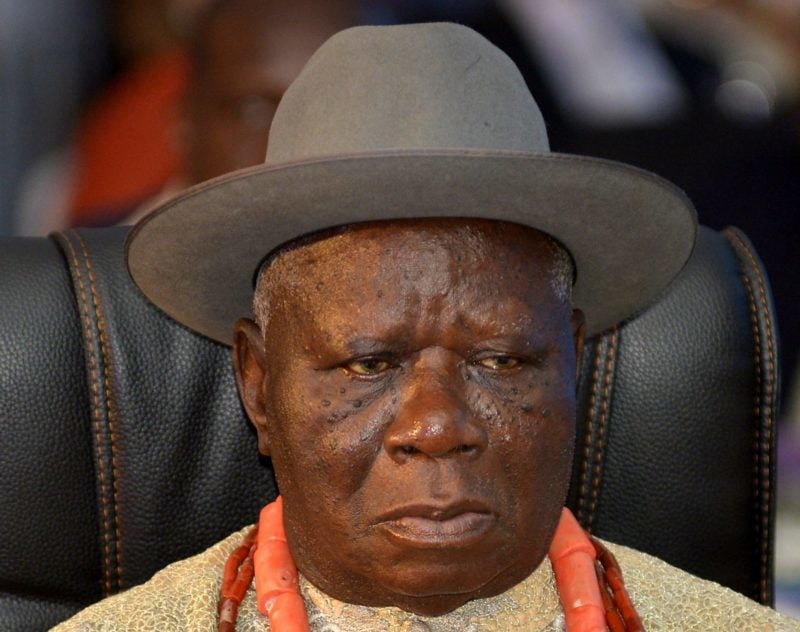
Political Career:
Chief Edwin Clark’s political journey began with his election as Councillor for Bomadi in 1953.
He later joined the National Council of Nigeria and the Cameroons (NCNC).
His political involvement intensified during Nigeria’s military rule when he served in several capacities:
Military Era Involvement: Chief Edwin Clark was a member of an advisory committee to the military governor of the Mid-Western Region, David Ejoor, in 1966.
His roles grew under the governance of Samuel Ogbemudia and Yakubu Gowon, culminating in his appointment as Federal Commissioner for Information in 1975, a position equivalent to today’s Minister of Information.
Second Republic: In 1983, during Nigeria’s Second Republic, he was elected as a senator, though his term was cut short by the military coup that overthrew the Shagari administration.
Advocacy and Leadership: Chief Edwin Clark was known for his advocacy for the Niger Delta, focusing on issues like environmental justice, resource control, and the development of the region.
PANDEF: Since 1996, Chief Edwin Clark has been recognized as a leader of the Ijaw people, culminating in the establishment of the Pan-Niger Delta Forum (PANDEF), where he played a pivotal role in advocating for the interests of the Niger Delta.
Philanthropy: He founded the Edwin Clark Foundation and established Edwin Clark University in his hometown, underscoring his commitment to education and community development.
Later Years and Legacy of Chief Edwin Clark:
In his later years, Chief Edwin Clark was an unofficial advisor to President Goodluck Jonathan, leveraging his experience to guide national policy.
His last public statement reflected his enduring patriotism and optimism for Nigeria’s future, emphasizing unity and nation-building.
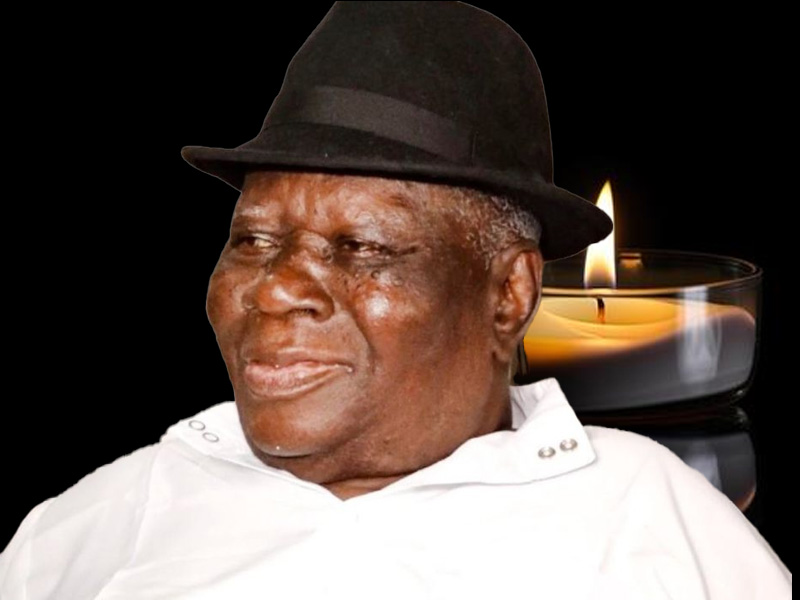
Final Days:
Chief Edwin Clark passed away on February 17, 2025, at the age of 97, while admitted to DIFF Medical Centre in Abuja.
His last words, as shared by his family, revealed his love for Nigeria, stating, “I AM a Nigerian, I love Nigeria, Nigeria is my country, I am proud to be a Nigerian.”
He also encouraged those he left behind to continue with the struggle for a better Nigeria, advocating for restructuring and against the spirit of giving up.
Chief Edwin Clark’s death was mourned by many, including President Bola Tinubu, former Presidents, and numerous political figures, who recognized his significant contributions to Nigerian politics, his fight for the Niger Delta, and his role in shaping national discourse towards equity and federalism.
His legacy is one of a leader who tirelessly worked for the betterment of his region and country, advocating for justice, peace, and national unity.
